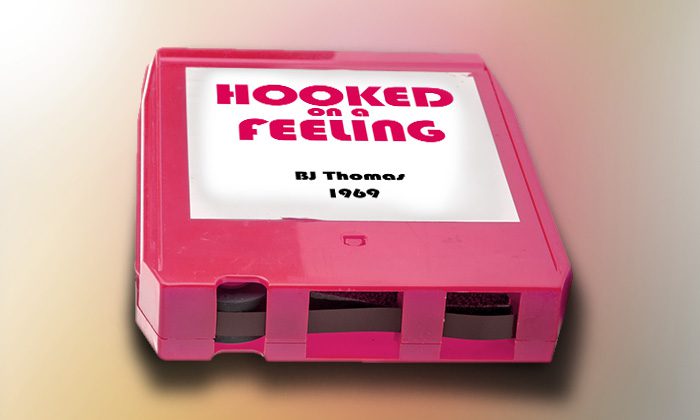Hooked on a Feeling
I’m revealing my age when I recount “Hooked on a Feeling,” the 1969 hit by BJ Thomas. This song intimates the importance of an emotional connection. Emotionally connected customers buy more of your products and services, exhibit less price sensitivity, open up and talk more, and are more likely to recommend your dealer clients to their friends and family. Facts can help eventually get a customer to take action; however, that only happens after they have become emotionally attached to the product or what it will do for them.
There are several reasons why the endeavor for an emotional connection with customers is a trait shared by the most successful companies and individuals.
The attempt to outsmart customers, back them in a corner with facts or overwhelm them with ‘knowledge’ went out with eight-track tape players. (Anyone under 50 is excused from knowing what that is!) There are several reasons why the endeavor to emotionally connect with customers is a trait shared by the most successful companies and individuals. Let’s review just a few.
Customers Remember the Way They Are Treated.
Customers don’t necessarily remember what you do for them as much as they remember how you made them feel. Emotionally connected customers are convinced that “This person gets me.”
Customers are not focused on understanding what their F&I managers have to offer. They are focused on finding someone who understands them. Many times, our effort and training to reach higher levels of profit is concentrated on techniques that will help customers understand our products more deeply. That effort should be the icing on the cake, not the cake itself!
When we ask genuine questions to learn more about our customer, they naturally will do more of the talking. When a customer talks 70% of the time, and their F&I manager is intentionally listening, they feel they are understood.
Emotional Connections Make Customers Feel Special.
Emotionally connected customers feel the process is uniquely built upon their needs, not a scripted presentation. Questions uncover unique information about each customer. That leads to a personalized discussion based on what the F&I manager has learned.
The connection must go beyond the surface and focus on getting the customer to open up and talk about themselves. A connected customer will share things they never planned to because they never thought they would feel as comfortable as they do when a connected conversation takes place.
You Can’t Fake Listening.
To prescribe a product or solution before you have diagnosed why this particular customer needs the product being offered is F&I malpractice.
I was privy to a customer interaction involving an NFL player. He expected the conversation to turn to football. However, when the F&I manager discovered the customer had a twin brother who also played in the NFL, the conversation became more comfortable. An emotional connection took place resulting in laughter and in-depth insight into the needs of this customer.
Connection leads to comfort which leads to the result we are looking for: customer buy-in. Your training should focus less on getting buy-in and more on creating comfortable conversations.
General agents are well-versed in making great connections with dealers and dealership personnel. The same skills that have forged those relationships should be utilized to encourage the F&I team to focus on the strength of consistently connecting with customers on a deep level. Once the connection has been made, the F&I manager’s knowledge of the products will help seal the deal. The customer feels they have found a great place to buy a car and the dealership can count on their returned business. Everyone is “hooked on a feeling” That’s a win for everyone!
Find more great resources & articles here.
This blog article was also published on Agent Entrepreneur.

